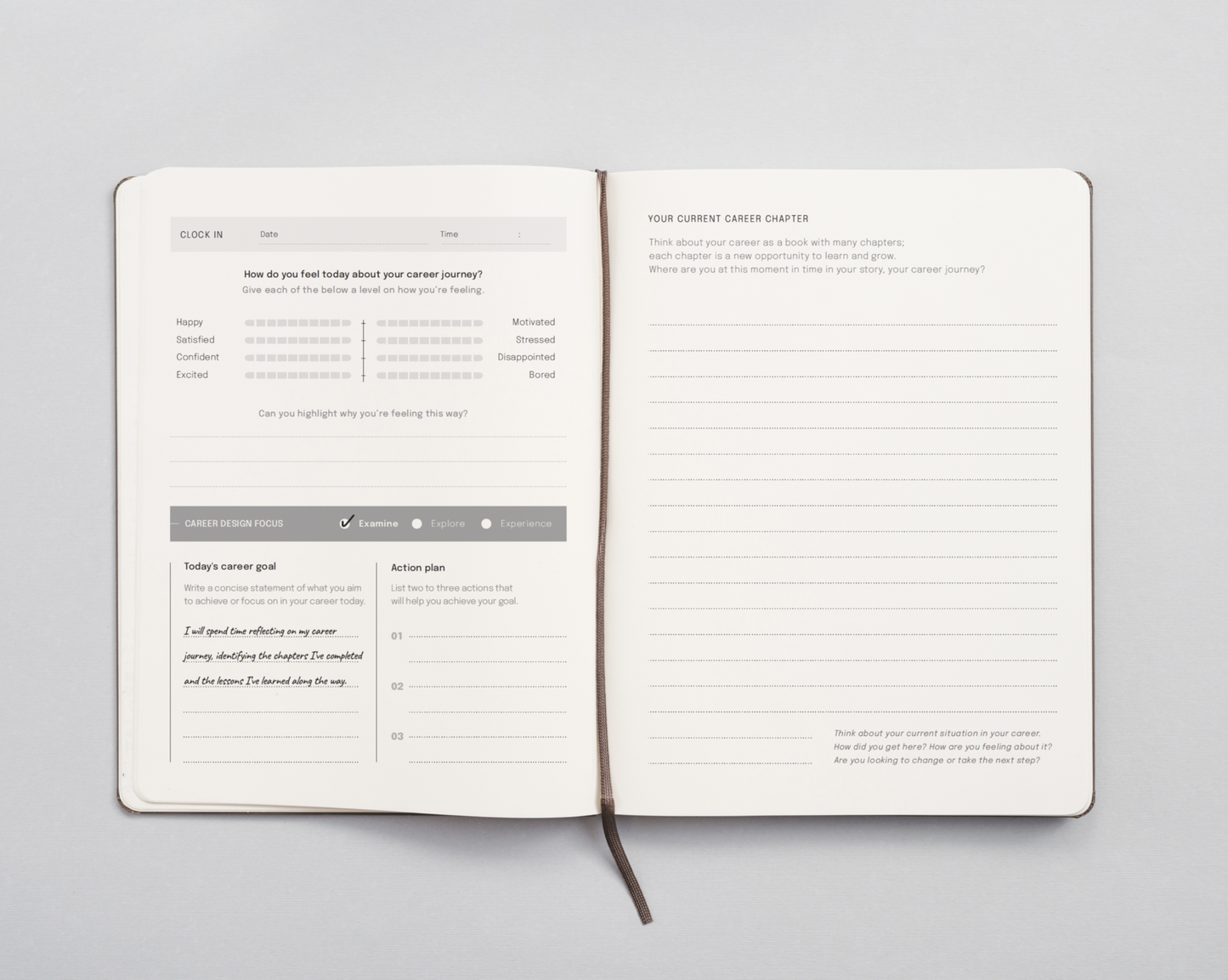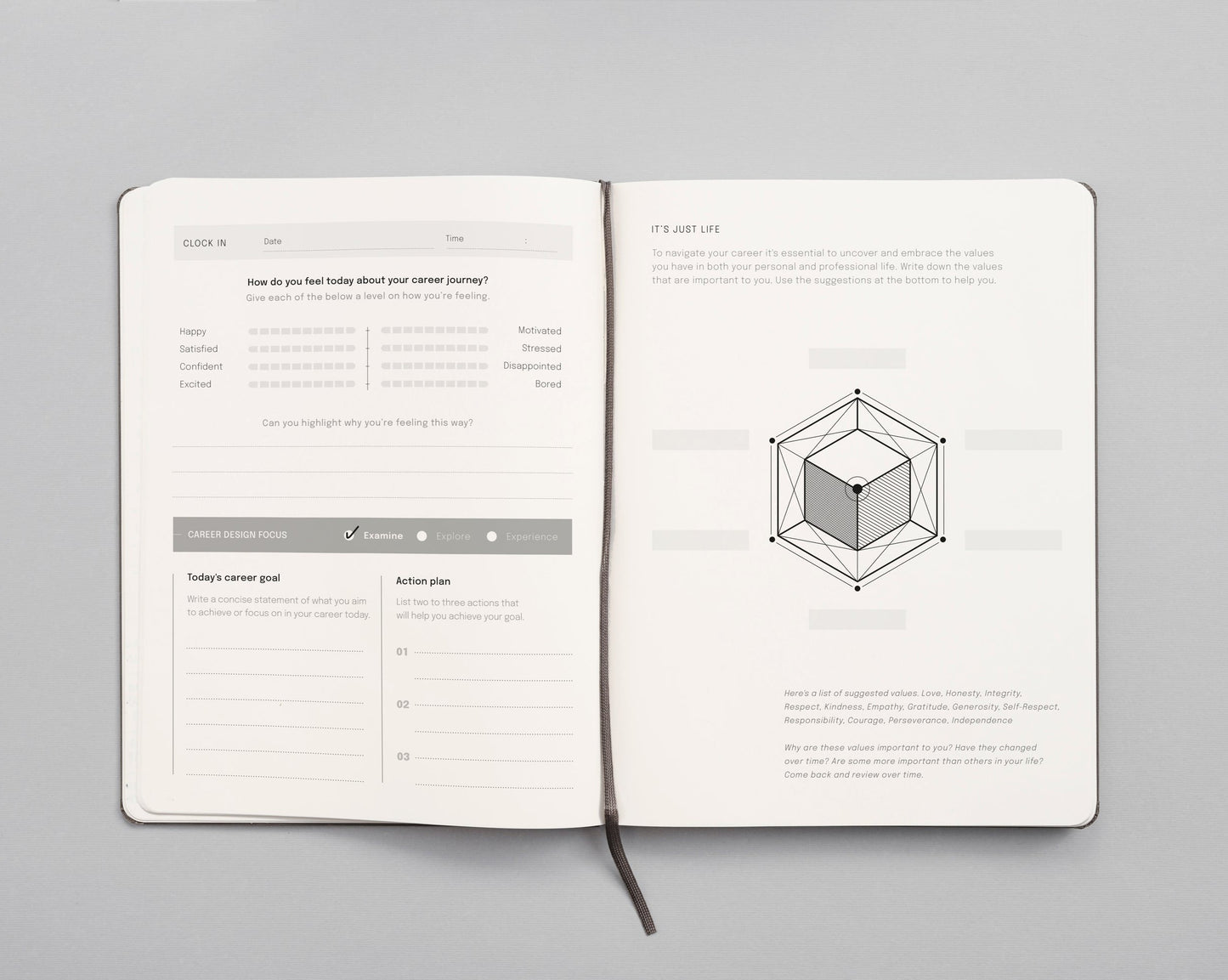Unplug and Recharge: Your guide to a digital detox
Do you ever reach for your phone first thing in the morning, only to realize an hour has melted away in a scroll-hole of social media and newsfeeds? Feeling overwhelmed by the constant buzz of notifications? You're not alone. In our fast-paced world, smartphones have become an extension of ourselves, offering a constant stream of information, connection, and entertainment. But this constant connection can come at a cost to our well-being and productivity.
That's where the concept of a digital detox comes in. It's a temporary break from your devices, allowing you to reconnect with yourself and the world around you. I've battled phone addiction myself and I can tell you firsthand that a digital detox can be a powerful tool for achieving a more balanced and fulfilling life.
The Downside of Digital Dependence
Think about the last time you sat down for a meal with friends or family. Were there phones present, stealing attention with a silent chime or a quick glance? Constant connectivity can disrupt our ability to be present in the moment. Have you ever wondered where your free time goes? Psychologist Adam Alter studied this very question. He found that screen time, the time we spend on phones and computers, can eat away at our "personal time." This personal time is important because it's when we do things that make us who we are. It's when we enjoy hobbies, spend time with loved ones, exercise, and just think about our lives.
Think about it: how much time do you have left after you take away sleep, work, chores, and screen time? Alter's research shows this personal time is shrinking. This means less time for the activities that help us grow as individuals. His TED Talk* (from 2017) explores this concept further, and it's worth noting that the situation has worsened in the years since.
Our phones can also be major productivity zappers. A notification here, a quick social media check there, and soon that important task you were meant to be tackling gets pushed aside. Research by Gloria Mark, a professor at the University of California, Irvine, suggests that even brief interruptions from our phones can significantly hinder our ability to focus and complete tasks.**
Here's the thing: our phones aren't inherently bad. They're powerful tools for communication, creativity, and learning. The key is developing a healthy relationship with them.
Signs You Need a Digital Detox
- You feel anxious or stressed when you're not near your phone.
- You check your phone first thing in the morning and last thing at night.
- You find yourself mindlessly scrolling through social media for extended periods.
- You struggle to focus on work or conversations because of phone distractions.
- Your sleep quality suffers due to late-night phone use.
If these signs resonate with you, it might be time for a digital detox.
Detoxifying Your Digital Life
A digital detox doesn't have to be an all-or-nothing approach. Here are some practical steps you can take to achieve a healthier relationship with your phone:
- Schedule phone-free zones: Designate specific times or places where your phone is off-limits, like during meals, work meetings, or before bed.
- Turn off notifications: Constant notifications are a major trigger for mindless phone use. Disable them for non-essential apps.
- Utilize focus tools: Many phones and apps offer built-in focus modes that block distracting content for a set period.
- Embrace boredom: Downtime without your phone allows your mind to wander and recharge, fostering creativity and problem-solving skills.
- Find alternative activities: Replace phone time with activities that bring you joy, like reading, spending time in nature, or connecting with loved ones.
The Power of Being Present
By taking a break from the constant digital buzz, you'll create space for deeper connections, improved focus, and a more mindful way of living. You might be surprised by how much more present you feel in your daily interactions, and how much more you can accomplish when you're not constantly distracted.
Remember, a digital detox is a journey, not a destination. There will be slip-ups, but with consistent effort, you can develop a healthier relationship with your phone and reclaim control of your time and attention. So, put your phone down, take a deep breath, and rediscover the beauty of being present in the real world.
Additional Resources:
Our co-founder Andreu Gual has shared his own journey on screen detox. Learn more insights about his experience here:
Confessions of a Reformed Scrollaholic: How I Reclaimed My Time (and Sanity) [https://www.linkedin.com/posts/andreugual_confessions-of-a-reformed-scrollaholic-activity-7197189306833129472-iiea?utm_source=share&utm_medium=member_desktop]
Confessions of a (Mostly) Reformed Scrollaholic: One Month Later...and Still (Mostly) Sane: [https://www.linkedin.com/posts/andreugual_digitalwellbeing-jomo-screentime-activity-7208486030608392192-nEMd?utm_source=share&utm_medium=member_desktop]
* Why our screens make us less happy [https://www.ted.com/talks/adam_alter_why_our_screens_make_us_less_happy?subtitle=en&geo=es&trigger=0s]
** Attention Span and Screen Time with Researcher Dr. Gloria Mark | POP 862 [https://practiceofthepractice.com/attention-span-and-screen-time-with-researcher-dr-gloria-mark-pop-862/]








